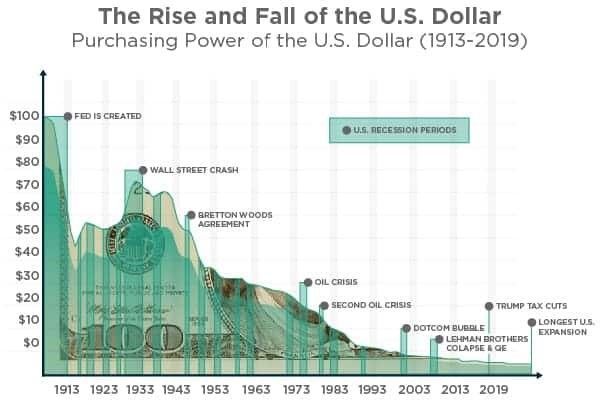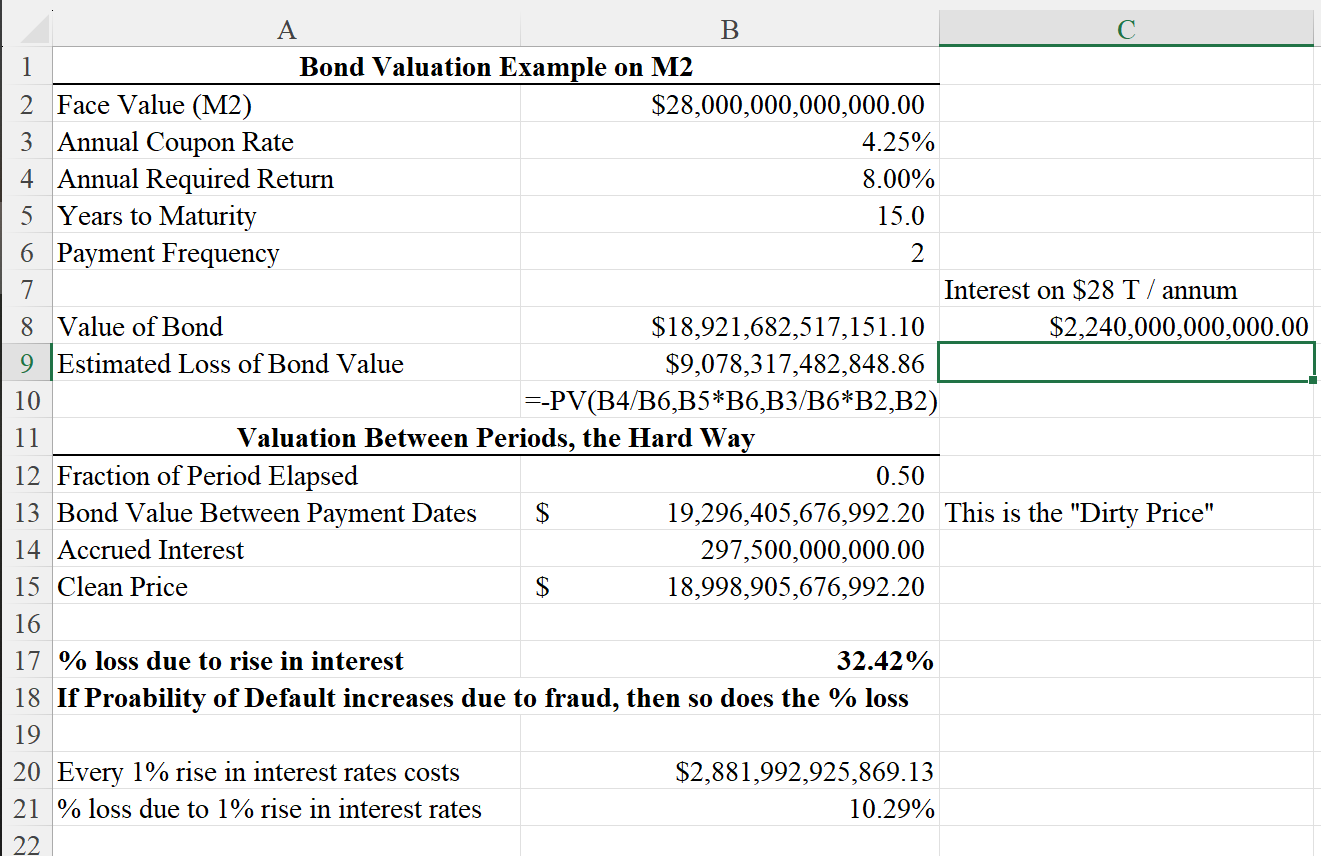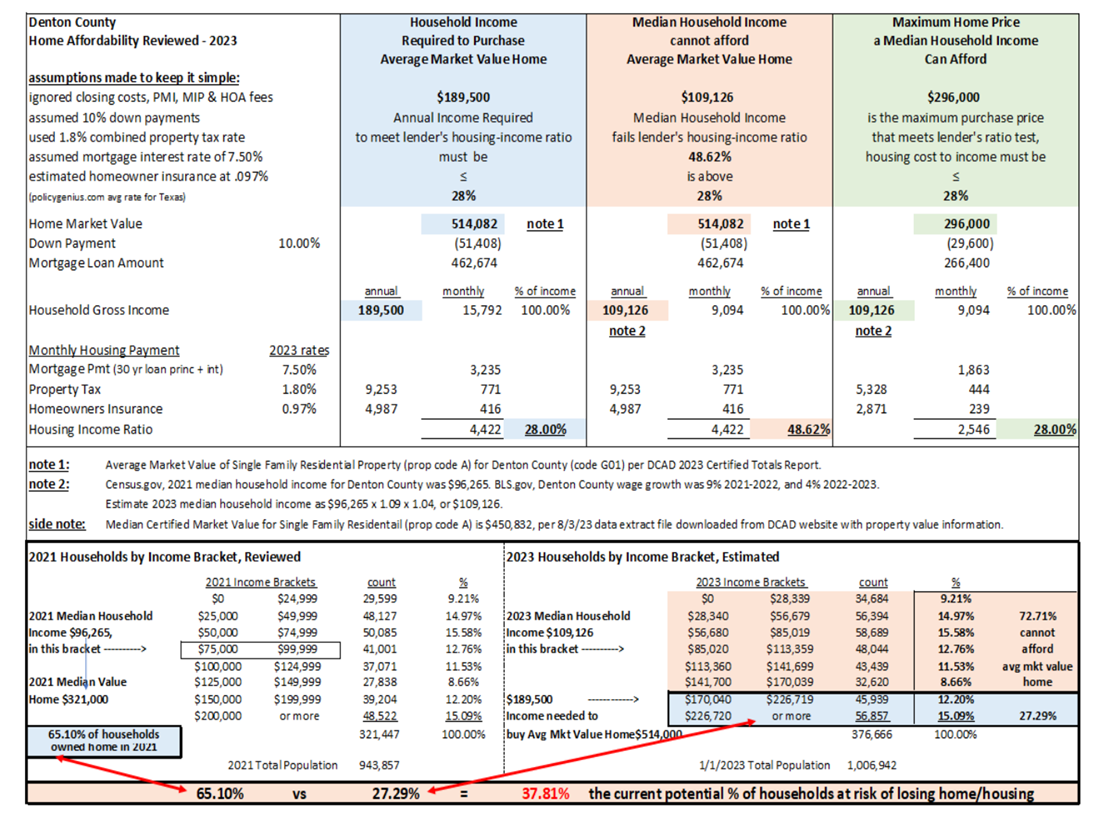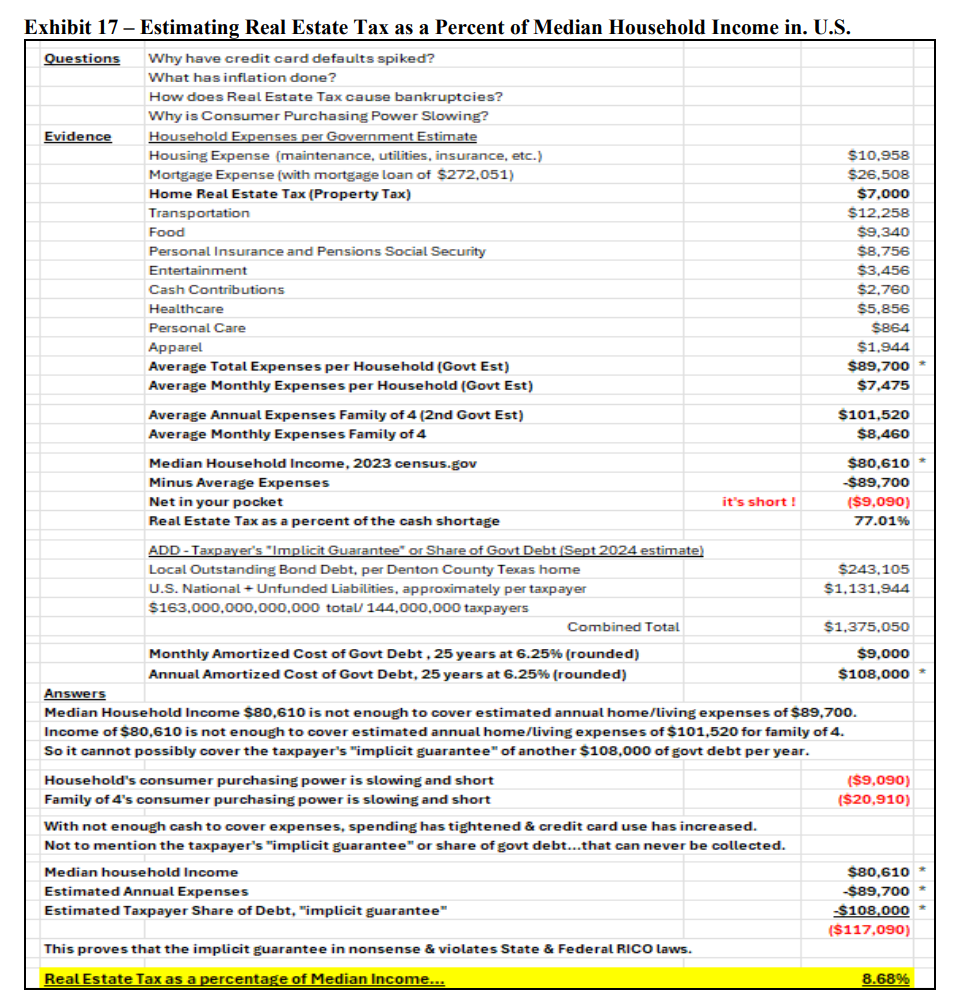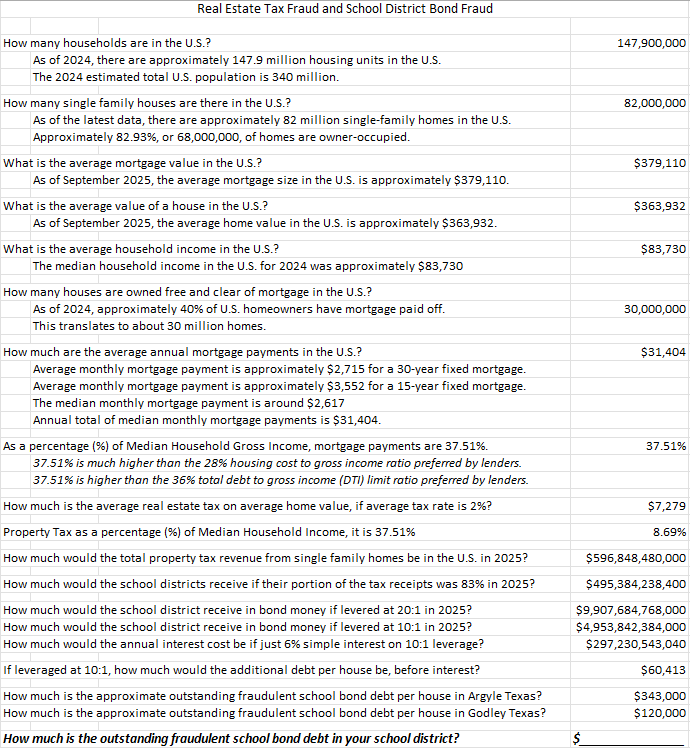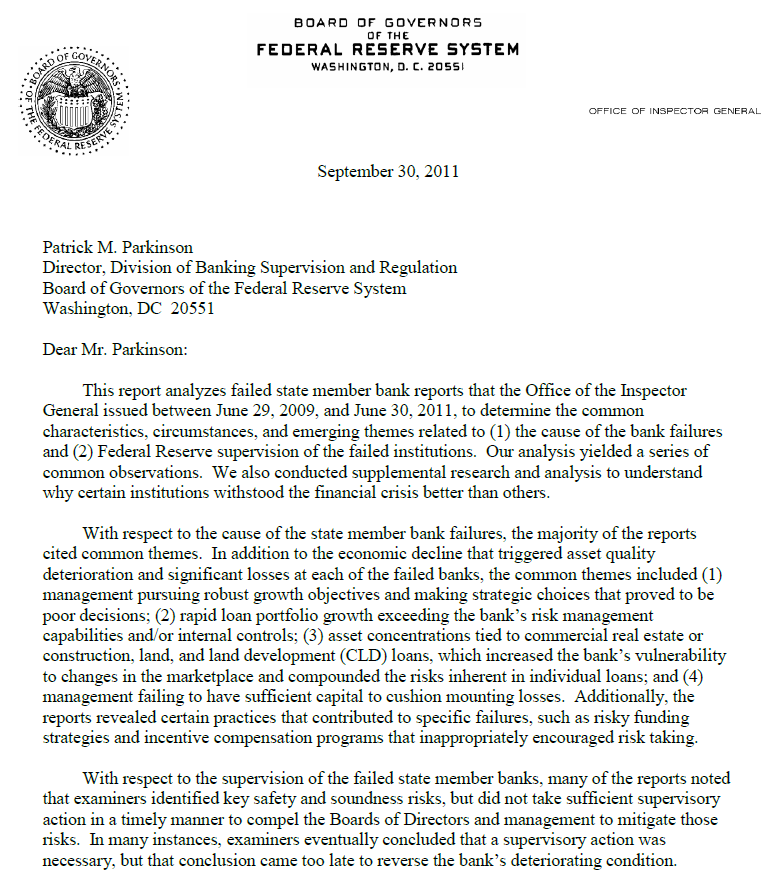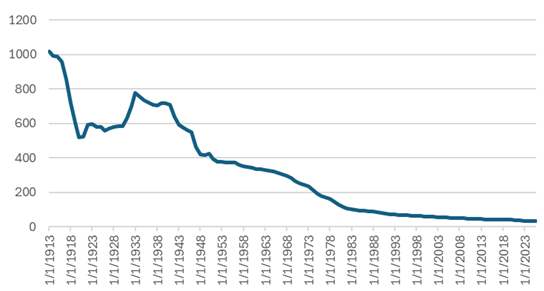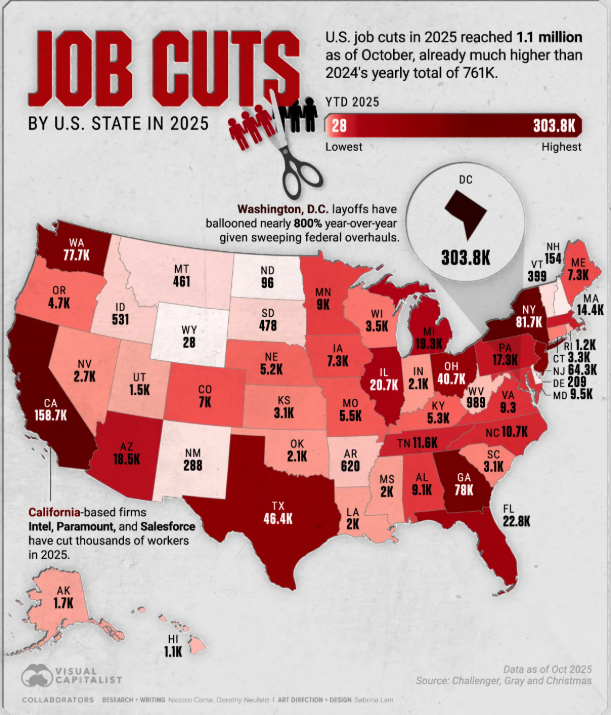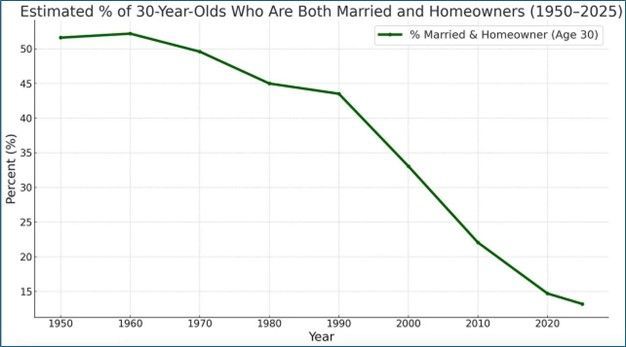Thomas Paine - Quotes on Taxes & The Necessity of Taxation
August 9, 2025
Introduction
It is through the writings of Thomas Paine to the Founding Fathers both individually and jointly, that form the basis from which the U.S. Constitution was derived and signed on March 4, 1789. Mr. Paine wrote Common Sense a book published in 1776. The writings of Mr. Paine form the basis of the U.S. Constitution.
Many of these letters, essays, writings can be seen at https://www.thomaspaine.org/
One must understand the history and logic of the U.S. Constitution to ensure that no political power deviates from the most important nationalistic document ever written.
Below is a summary of the Quotes on Taxes by Thomas Paine, that I assembled for the viewer to grasp how not adhering to the tenets leads to eventual bankruptcy as a result of the interest on the fraudulent debt. Realize that the writings of Mr. Paine were the warnings that the politicians chose to ignore. The checks and balances were not adhered to, and the debt bubble grew to the point of inability to pay the interest and to the point where people are losing their homes due to property taxation.
Through all the efforts on the property tax since 2016 when we started realizing the issues and the depth of those issues, what is key to understand, in my own words, is… no uniformity of law and no uniformity of application under the law, means no law.
Thomas Paine – Quotes on Taxes
To argue with a person who has renounced the use of reason is like administering medicine to the dead.
A Constitution is not the act of a Government, but of a people constituting a government, and a government without a constitution is a power without right.
What is called a republic, is not any particular form of government... it is naturally opposed to the word monarchy, which means arbitrary power. (The United States as is Texas a republic)
Politics and self-interest have been so uniformly connected, that the world, from being so often deceived, has a right to be suspicious of public characters.
When men yield up the privilege of thinking, the last shadow of liberty quits the horizon.
It is not because a part of the government is elective, that makes it less a despotism, if the persons so elected, possess afterwards, as a parliament, unlimited powers. Election, in this case, becomes separated from representation, and the candidates are candidates for despotism.
Taxes were not raised to carry on wars, but that wars were raised to carry on taxes.
A body of men holding themselves accountable to nobody ought not to be trusted by anybody.
He who dares not offend cannot be honest.
It is the duty of every man, as far as his ability extends, to detect and expose delusion and error.
No country can be called free which is governed by an absolute power; and it matters not whether it be an absolute royal power or an absolute legislative power, as the consequences will be the same to the people.
The greatest tyrannies are always perpetuated in the name of the noblest causes.
When all other rights are taken away, the right of rebellion is made perfect. (War of 1776)
A constitution defines and limits the powers of the government it creates. It therefore follows, as a natural and also a logical result, that the governmental exercise of any power not authorized by the constitution is an assumed power, and therefore illegal.
Reason obeys itself; and ignorance submits to whatever is dictated to it.
These are the times that try men's souls. The summer soldier and the sunshine patriot will, in this crisis, shrink from the service of his country; but he that stands it NOW, deserves the love and thanks of man and woman.
Our greatest enemies, the ones we must fight most often, are within.
You cannot undermine police authority and then complain about rising crime.
I prefer peace. But if trouble must come, let it come in my time, so that my children can live in peace.
Men who look upon themselves born to reign, and others to obey, soon grow insolent; selected from the rest of mankind their minds are early poisoned by importance; and the world they act in differs so materially from the world at large, that they have but little opportunity of knowing its true interests, and when they succeed to the government are frequently the most ignorant and unfit of any throughout the dominions.
He that would make his own liberty secure, must guard even his enemy from oppression; for if he violates this duty, he establishes a precedent that will reach to himself.
Moderation in temper is always a virtue; but moderation in principle is always a vice.
Some people can be reasoned into sense, and others must be shocked into it.
When extraordinary power and extraordinary pay are allotted to any individual in a government, he becomes the center, round which every kind of corruption generates and forms.
Arms discourage and keep the invader and plunderer in awe, and preserve order in the world as well as property... Horrid mischief would ensue were the law-abiding deprived of the use of them.
An avidity to punish is always dangerous to liberty. It leads men to stretch, to misinterpret, and to misapply even the best of laws.
When a man has so far corrupted and prostituted the chastity of his mind, as to [profess] things he does not believe, he has prepared himself for the commission of every other crime.
The World is my country, all mankind are my brethren, and to do good is my religion.
Government, even in its best state, is but a necessary evil; in its worst state, an intolerable one.
The mind once enlightened cannot again become dark.
The strength and power of despotism consists wholly in the fear of resistance.
Men should not petition for rights, but take them.
It is always to be taken for granted, that those who oppose an equality of rights never mean the exclusion should take place on themselves.
Those who expect to reap the blessings of freedom must, like men, undergo the fatigue of supporting it.
It has been the political career of this man to begin with hypocrisy, proceed with arrogance, and finish with contempt.
(1830) There are two distinct classes of men - those who pay taxes and those who receive and live upon taxes.
The accumulation of great wealth is, in many instances, the effect of paying too little for the labor that produced it, the consequence of which is that the working people perish in old age and the employer abounds in affluence.
It is not in numbers, but in unity, that our great strength lies.
A long habit of not thinking a thing wrong gives it a superficial appearance of being right.
I have always strenuously supported the right of every man to his own opinion, however different that opinion might be to mine. He who denies to another this right, makes a slave of himself to his present opinion, because he precludes himself the right of changing it.
Reputation is what men and women think of us; character is what God and angels know of us.
Where knowledge is a duty, ignorance is a crime.
A constitution is not the act of a government, but of a people constituting a government; and government without a constitution is power without a right. All power exercised over a nation, must have some beginning. It must be either delegated, or assumed. There are not other sources. All delegated power is trust, and all assumed power is usurpation. Time does not alter the nature and quality of either.
The harder the conflict, the more glorious the triumph. What we obtain too cheap, we esteem too lightly; it is dearness only that gives everything its value. I love the man that can smile in trouble, that can gather strength from distress and grow brave by reflection. 'Tis the business of little minds to shrink; but he whose heart is firm, and whose conscience approves his conduct, will pursue his principles unto death.
Government is best which governs least.
A nation under a well regulated government, should permit none to remain uninstructed. It is monarchical and aristocratical government only that requires ignorance for its support.
Rights are not gifts from one man to another, nor from one class of men to another. It is impossible to discover any origin of rights otherwise than in the origin of man; it consequently follows that rights appertain to man in right of his existence, and must therefore be equal to every man.
It is never to be expected in a revolution that every man is to change his opinion at the same moment. There never yet was any truth or any principle so irresistibly obvious that all men believed it at once. Time and reason must cooperate with each other to the final establishment of any principle; and therefore those who may happen to be first convinced have not a right to persecute others, on whom conviction operates more slowly. The moral principle of revolutions is to instruct, not to destroy.
To take away (voting) is to reduce a man to slavery.
The trade of governing has always been monopolized by the most ignorant and the most rascally individuals of mankind.
We still find the greedy hand of government thrusting itself into every corner and crevice of industry and grasping at the spoil of the multitude. Invention is continually exercised to furnish new pretenses for revenue and taxation. It watches prosperity as its prey and permits none to escape without a tribute.
Government is not a trade which any man or body of men has a right to set up and exercise for his own emolument, but is altogether a trust, in right of those by whom that trust is delegated, and by whom it is always resumable. It has of itself no rights; they are altogether duties.
When it shall be said in any country in the world my poor are happy; neither ignorance nor distress is to be found among them; my jails are empty of prisoners, my streets of beggars; the aged are not in want; the taxes are not oppressive; the rational world is my friend, because I am a friend of its happiness: When these things can be said, there may that country boast its Constitution and its Government.
Beware the greedy hand of government thrusting itself into every corner and crevice of industry.
It is easy to see that when republican virtue fails, slavery ensues.
It is the madness of folly, to expect mercy from those who have refused to do justice; and even mercy, where conquest is the object, is only a trick of war; the cunning of the fox is as murderous as the violence of the wolf.
That there are men in all countries who get their living by war, and by keeping up the quarrels of Nations is as shocking as it is true.
Reason and Ignorance, the opposites of each other, influence the great bulk of mankind. If either of these can be rendered sufficiently extensive in a country, the machinery of Government goes easily on. Reason obeys itself; and Ignorance submits to whatever is dictated to it.
Government ought to be as much open to improvement as anything which appertains to man, instead of which it has been monopolized from age to age, by the most ignorant and vicious of the human race. Need we any other proof of their wretched management, than the excess of debts and taxes with which every nation groans, and the quarrels into which they have precipitated the world?"
The burden of the national debt consists not in its being so many millions, or so many hundred millions, but in the quantity of taxes collected every year to pay the interest. If this quantity continue the same, the burden of the national debt is the same to all intents and purposes, be the capital more or less.
The more acquisitions the government makes abroad, the more taxes the people have to pay at home.
The continual whine of lamenting the burden of taxes, however successfully it may be practiced in mixed governments, is inconsistent with the sense and spirit of a republic. If taxes are necessary, they are of course advantageous, but if they require an apology, the apology itself implies an impeachment. Why, then, is man imposed upon, or why does he impose upon himself?
The Necessity of Taxation, by Thomas Paine
1782
TO THE PEOPLE OF AMERICA.
from the Pennsylvania Packet, April 4, 1782
CASTING my eye over a former publication (the Crisis, no. 9) on the loss of Charlestown, I was tempted to introduce this address by a quotation from the first paragraph of that number, as appeared to me exceedingly applicable to the present circumstance of the country.
"Had America pursued her advantages with half the spirit she resisted her misfortunes, she would before now have been a conquering and a peaceful people; but lulled in the lap of soft tranquility, she rested on her hopes, and adversity only could convulse her into action."
This hath been the character of America in every part, and in every state and stage of the contest. Warmed by a love of liberty, and provoked by a sense of injuries, she encountered danger without fear, and misfortune without despondency: But no sooner was the point accomplished, then she returned with folded arms to rest, and seemed to wait with patience for new disasters. — Yet there is one reflection to be drawn from this character and conduct that is worth attending to, which is, that it is the sign and the natural effect of right principles, but not of right policy. Misfortune ever separates man in a bad cause, and unites them in a good one. The former are industrious only while they are prosperous, the latter while they are distressed. The one acts from impulse, the other from contrivance; and the whole mode and progress of their conduct, and their times of rest and action, are the reverse of each other.
But, as we have learned knowledge from misfortune, let us likewise learn from mistakes; and wisely add for once, if we never do it again, the ardour of adversary to the strength of victory. Let us combine the glowing powers of resolute resistance to the tranquil advantages which conquest bestows; and render the present year as superior in system, as the latter was splendid in success.
The progress and revolution of our domestic circumstances are as extraordinary as the revolution itself. We began with paper, and we end, with gold and silver. We sat out with parties, and we are approaching to unity. The strength, the property, and even the fashion of the country, are confederated in her support. Like robust and healthy youth, she hath shook off the agues of the winter, and steps forward with constitutional bloom and vigour. By suffering distresses, she has learned both to bear and to prevent them; and the experience of every day whether drawn from good fortune or from bad, whether from wisdom or mistake, have added something to her cause, and much to her judgment.
From this general state of circumstances I shall proceed to more particular matters.
In my last publication I stated the yearly expense of the war, namely, eight millions of dollars; the nature of the union by which the States are bound together; and the propriety of keeping the taxes for the defence of the country separate from the expences of government; the right of the people to be regularly informed of the monies received and expended; and the duty of the country to provide its several quotas. — Government and the people do not in America constitute distinct bodies. They are one, and their interest the same. Members of Congress, members of Assembly, or Council, or by any other name they may be called, are only a selected part of the people. They are the representatives of Majesty, but not majesty itself. That dignity exists inherently in the universal multitude, and, though it may be delegated, cannot be alienated. Their estates and property are subject to the same taxation with those they represent, and there's nothing they can do, that will not equally affect themselves as well as others. If they call for supplies, they call on themselves in common with the country. The situation enables them to know the more secret circumstances of things, and that such or such revenues are necessary for the security and defense of their constituents, and the accomplishment of the great object for which they are chosen. And here the distinction ends.
The furnishing ourselves with right ideas, and accustoming ourselves to right habits of thinking, have a powerful effect in strengthening and cementing the mind of the country and freeing it from the danger of partial or mistaken notions. It is not all the ardour which the love of liberty can inspire, nor the utmost fortitude which the most heroic virtue can create, that will of themselves make us successful conquerors. We must come down to order, system and method, and go through the cool and judicious, as well as the animating and elevated parts of patriotism. Method is to natural power, what flight is to human strength, without which a giant would lose his labour, and a country waste its force.
At the commencement of the war much political wisdom was not absolutely necessary. The high spirit of the country in a great measure supplied its place, and the printing-presses furnished the means. They became our Peru and Mexico, and as we wanted we drew them forth. Any body of men might at that time have carried on the war, who had resolution enough to proceed; because the difficulties of finance were then unknown, and the money came created to their hands. But those times are changed, and there is now a call on the wisdom and judgment, as well as on the firmness and patriotism of the country. Our situation is such, that the mort is understood the better it will appear; and with the means at our power, we want nothing but the united disposition to employ them.
When America resolves on Independence, and determined to be free, she naturally included within that resolution all the means, whether of manner money, necessary to effect it. She had laid herself out for greater sufferings, and the more expence and loss, that she has hitherto experienced, except in Carolina and Georgia. The idea of getting rich had not in those days in existence. While she expected was to live, and all she hope for was to be free. She had resolved to abandon her habitations, to desert her towns, and to form new settlements in the wilderness, rather than submit. There was no condition to which her imagination could extend, that was not preferable to the oppressions that threatened her; and the experience of several years has shewn her opinion just, and proved her resolution firm.
Yet while the war was carried on by the massive general opposition, the business of the country got deranged. Agriculture, trade and commerce became neglected, and something like poverty began to appear. Yet the resolution suffered no abatement, and their losses serve to provoke them the higher. But experience has shewn that the way to enrich a country, and render it systematically formidable, is to give every possible rest to the inhabitants, that they may follow their various occupations undisturbed. A man who is harassed about, either by the inroads of the enemy, or by marching to oppose them, soon suffers more by loss of time and the collect of his affairs, somewhat a portion of taxes sufficient for his defence would amount to. And therefore it is to the good of the whole, as well as to the interest of the individual, that everyone, who can, sets himself down to his business, and contributes his quota of taxes is one of the first duties he owes to his family, to himself, and to his country. Every amusement ought to be dispensed with, every indulgence curtailed, and every possible economy practiced, both public and private, until a revenue sufficient for the protection and good of the country is obtained, and the debt to public justice satisfied.
I have no idea that kind of policy which ends in expence, disappointment and disgrace; and those have ever been and ever will be the consequence of deficient and unequal revenues. America has resolved to defend yourself, and support her independence at all hazards and events. Every man's portion of that charge becomes his debt of honor, interest and happiness; and see anyone indulging himself at home while that portion is unpaid, and the soldier who defends him suffering in the field, is the highest dishonour man can undergo.
It is pity but some other word beside taxation had been devised for so noble an extraordinary occasion, as the protection of liberty in the establishment of an independant world. We have given to a popular subject and on popular name, and injured the service by a wrong assemblage of ideas. A man would be ashamed to be told that he signed a petition, praying that he might pay less than his share of the public expence, or that those who had trusted the public might never receive their money; yet he does the same thing when he petitions against taxation, and the only differences, that by taking shelter under the name, he seems to conceal the meanness he would otherwise blush at. Is it popular to pay our debts, to do justice, to defendant injured and insulted country, to protect the aged and the infant, and to give to liberty a land to live in? then must taxation, as the means by which those things are to be done, the popular likewise.
But to take a more local view of matters. Why has the backcountry been ravaged by the repeated incursions of the enemy and the Indians, but from the inability of the revenue to provide means for their protection? And yet the inhabitants of those countries were among the first to petition against taxation. In so doing, they eventually prayed for their own distraction, and, unhappily for them, their prayer was answered. Their quota of taxes would have been trifling, compared with their losses, and, what is still worse, their domestic sorrows. Alas! how unwisely, how unfeelingly, does a man argue, when he puts the safety of his family in competition with his tax.
There is so much of the honour, interest and independence of America staked upon taxation, that the subject must to every reflective mind make a strong impression. As we are now circumstanced, it is the criterion of public spirit; the touchstone over good affections; and he who pays it the instant it is called for, does more for his country's good than the loudest talker in America. In vain are all our huzzas for liberty, without accompanying them with solid support. They will neither fill the soldier’s belly, nor cloathe his back, they will neither pay the public creditors, nor purchase our supplies. They are well enough in their places, and though they are the effusions of our hearts, they are no part of our substance.
.
The assembly of this State, Pennsylvania, have unanimously gone through the bill for raising the sum of 1,120,000 Dollars, being there quota for the year: And as an example worthy both of notice and imitation, the oppressed and distressed State of South Carolina, notwithstanding the severity of its fate, has already done the same. Those persons know, by woeful experience, the value of defence, and that the inconvenience of struggling with attacks for the protection of the country is not to be named, in competition with the losses they have borne, and the sorrows and sufferings they have undergone.
However inconvenient tax may be, we know it can last but for time. Our expences will cease with the war, and our taxation in consequence. But while the war continues, and so great a part of every thing that is dear and valuable tool country depends upon her revenue, I shall consider entry taxation is a popular good. When the war shall be over, the case will be totally altered, and my language, if I then speak at all, will be entirely different. Besides, America is a new character in the universe. She started with a clause divinely right, it struck at an object vast and valuable. A reputation for political integrity, perseverance, fortitude, and all the manly excellencies, stand high in the world, and it would be a thousand pities that, with those happy introductions into life, she suffered the lease spot or blot to fall upon her moral fame. Never let it be said, that the country who could do what America has done, defrauded the widow and the orphan of the property, and the soldier of his pay.
The tax would be attended with some inconvenience; but what is inconvenience, when compared with the stress and the rolling and plunderings of an enemy. How many things a far greater inconvenience has America already undergone, nay, even flourished in the midst of, which she once thought impossible to be borne. I hold taxation, which is to be applied to her own defence in her own good, one of the lightest of her difficulties, when considered with those which were occasioned by the want of it. We have several times been on the crisis of destruction by the insufficiency of our public revenues, in the heart of America would have ached with concern and sorrow, could she had all times have known what her exact situation has been. It is now the only point we have to attend to, nay it is the only one that is worth attending to; for let us accomplish this, and the rest will follow; and a consolation which every man's mind will feel, knowing that the public Treasury is furnished with inability of providing for the defence of the country will amply recompense the difficulties he may go through, and the endeavours he may take, in paying in his allotted share. We shall be freed from the just murmurs of the suffering soldier; our eyes and ears we no longer shocked with details of slighted faith and suspected credit; in the face are public, and of consequence of our private affairs, will wear a new and satisfied countenance. The idea, that the country cannot bear it, is a reproach upon her honour and firmness. She has borne ten times as much. Her fortitude and her principles have been tried in a thousand instances of severer fortune; and it is a paradox not to be explained, in which ought to be exploded, that the people whom no force or misfortune could conquer, no temptation seduce, should, at the summit of success, trepan themselves into destruction by ignoble and impolitical covetousness.
Let us be, in every respect, such a nation as we ought to be, and show to the enemy that is no more in her power to conquer us by system than by arms. The press of America, with economy, is longer than that of Britain, managed as it is by corruption and extravagance. The people of America are not a poor people, why should they appear so. We heard our credit, our honour, our reputation in the world, by proclaiming ourselves what we are not, and give encouragement to the enemy to prolong the war, by holding out an idea of our want of money to carry it on. It is easy to see by the complexion of the New-York papers, that the present spirited exertions of the country to keep her public treasury supplied have wanted the last hopes of the enemy. It is a blow they never expected America to give, and their astonishment is as great as their despair.
It is a remark, worth making, that the people here always been a step forwarder than their representatives. There never was a backwardness in the country to do its part, when the part to be done became known and understood. National money matters are naturally attended with the degree of intricacy, which renders them not so easily comprehended as those which are more simple and obvious. Those of America have, from the fluctuating state of the former currency, been involved in new and original difficulties, and it required much judicious management to bring them right, and a vigorous exertion in the country afterwards to keep them so.
The present condition of our money matters, as concisely as they can be stated, is as follows:
There is a large sum due to persons who have lent their money to the Loan-Office, and to those who have otherwise trusted the public. Those debts are to be ascertained and proved, and the money arising from the impost duty of five per cent. on all imported goods is to be applied as a fun for the payment of the interest and principal, until the whole of them shall be discharged. This is a provision made for our debts already contracted, and when once the interest on them shall be regularly drawn, and the principal put into a train for payment, they will become as valuable as bond debts.
The sum of eight millions of dollars, which is apportioned out to be raised by United States, is for the maintenance and other expenses of the Army, and to defray the government charges of the continent. If this song is compared with the immense expence was great is that, the difference will appear exceedingly striking. She is obliged to raise upwards of ninety millions of dollars in taxes and loans every year, to do what we can accomplish, with ready money and frugality, for eight millions. So great is the contrast between a country sunk in corruption and extravagance, and one whose object is founded in just principles, and her plans regulated by good management.
But the difference may be carried still further. When the war shall cease with us, our taxes for that purpose will cease with it. We know they cannot now last for any long time; whereas the taxes in Britain being late on only the purpose of paying the interest, and never the principle of her debts, must continue forever.
The publishing the sums of money received from each State, and extended on their United account, will be attended with several good effects. It will give satisfaction, which is a necessary object in national concerns. It will create emulation, and detect delinquency. The opener and fair public business is transacted, the better it succeeds. Where no fraud is intended, there can be no occasion for concealment, and it is not only necessary that measures should be just, but that every body should know them to be so.
A few days will now carry us to the period of seven years war, and so extraordinary is the case, that instead of the country becoming poorer and exhausted, she is grown rich and plentiful. There has been a singular fate attended all are once, for whenever we imagined we should be ruined, by not having something which could not be done without, it arrived, is if of itself, just time enough to prevent the mischief. The last remarkable instance was in the influx of hard money, almost at the very moment when the paper currency failed, by which the circumstances of public and private business are so materially improved, that matters cannot go wrong, if we set hardly about what is right.
Common Sense.
Thomas Paine (born Thomas Pain; February 9, 1737 [O.S. January 29, 1736] – June 8, 1809) was an English-born American Founding Father, French Revolutionary, inventor, political philosopher, and statesman. He authored Common Sense (1776) and The American Crisis (1776–1783), two of the most influential pamphlets at the start of the American Revolution, and he helped to inspire the colonial era patriots in 1776 to declare independence from Great Britain.[4] His ideas reflected Enlightenment-era ideals of h both linear and nonlinear regression models represented. Many studies are framed within endogenous or neoclassical growth model frameworks, reflecting the prevailing theoretical underpinnings of the literature.
